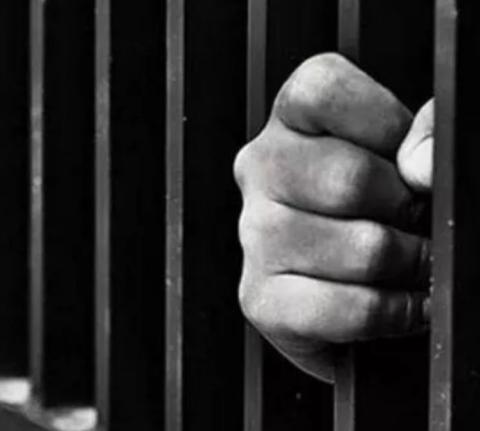
In an Opinion dated September 20, 2024, the United Nations Working Group on Arbitrary Detention (WGAD) recognized the arbitrary nature of the deprivation of liberty of Abdurrahman Abduljalil Mohamed AL FARJANI, a young Libyan arrested on December 27, 2014, at his home in the Al Lithi neighborhood by an armed militia affiliated with Khalifa Haftar.
Alkarama had submitted his case in a communication dated April 24, 2024, calling on independent experts to urge the Libyan authorities to release him.
In its Opinion, the Working Group described his detention, which has lasted nearly ten years, as arbitrary and a flagrant violation of his fundamental rights and called on the Libyan authorities to release him.
The Facts
Born in 1997, Al-Farjani was living in Benghazi when he was arrested at his home on December 27, 2014, by members of the Tariq bin Ziyad Brigade, an armed militia controlled by Khalifa Haftar. Seventeen years old at the time of his arrest, he was never charged. No charges were brought against him, and he was never informed of the reasons for his arrest. His family, who opposed Haftar's regime, also faced pressure and threats.
Following his arrest, he was taken to a detention center where he was subjected to physical and psychological torture to extract confessions. After several weeks of violent interrogations, he was transferred to Al-Koufiya prison, under the effective control of pro-Haftar militias, where he is still being held. He has never been brought before a court or formally charged.
An Arbitrary Deprivation of Liberty According to UN Experts
In its Opinion No. 42/2024 issued on September 20, 2024, the Working Group concluded that Al-Farjani's detention violates several provisions of international law, including Articles 9 and 14 of the International Covenant on Civil and Political Rights, which guarantee every individual the right to liberty, a fair trial, and protection against arbitrary detention.
The Working Group also called on the Libyan Government to immediately release Al Farjani and compensate him for the harm suffered. The experts further urged the Libyan authorities to initiate an independent investigation into the circumstances of his arrest and detention conditions and to hold accountable those responsible for these violations in accordance with their treaty obligations.
The Role of Militias in Human Rights Violations
Al Farjani's case is a tragic illustration of the reality faced by many detainees in Libya, where arbitrary arrests and prolonged detentions without trial are systematic, particularly in areas controlled by militias.
For this reason, Alkarama, in several previous submissions to the Working Group, emphasized the need to place militias under the effective control of the State.
With this decision, Alkarama reiterates its concerns and recalls the urgency of a deep reform of the justice system in Libya to ensure the protection of detainees' fundamental rights and to end the impunity of militias that effectively control many detention centers in the country.
